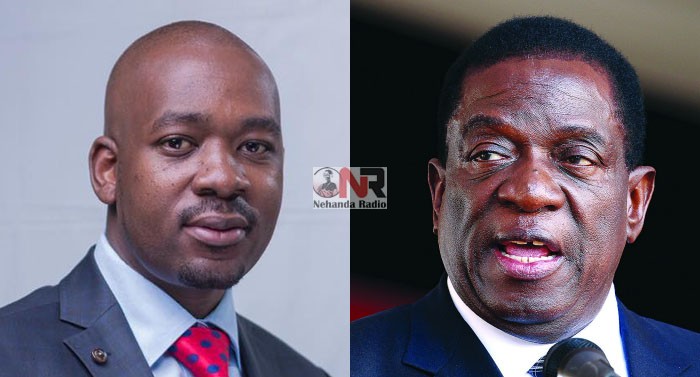Political parties count costs of 2018 elections
While, there is no law that bars anyone from forming a political party, the cost of participating in the elections is expensive, owing to the money needed for participation, observing and accessing the voters’ roll.

For a party to access the voters’ roll, it has to pay a whopping $100 000, which is by far out of reach, even for the well-established political parties, considering that they have other commitments to meet.
Opposition political parties have already made it clear that the amount that is demanded by Zimbabwe Electoral Commission (Zec) is too much and is unaffordable.
This has pushed other political organisations to demand money from government that is provided for under the Political Parties Finance Act.
The government is, however, only funding those parties with representation in Parliament, while leaving a host of other struggling parties, whose number in Zimbabwe has ballooned to at least 118.
There are also allegations that the government does not release the funds on time, if ever it does.
There are high chances that over 90 percent of the presidential candidates out of the 118 parties will not take part in the elections, owing to the demands.
According to Zec, a presidential candidate has to pay $1 000 to register with the Nomination Court.
For those seeking to be parliamentarians, they have to pay $50, and those that want to be senators have to pay $10, while those aspiring to be councillors are not asked to pay anything.
Suffering Voices of Zimbabwe leader Welcome Shumba told the Daily News that they were pushing for all participating parties to be given some funding.
“The ruling party has an advantage in terms of resources, which is not accessed by other political parties,” he said, likening elections to a race.
He said the ruling party is “flying” while the other political parties are walking on foot, yet they are running the same race, meaning the elections are tilted in favour of the ruling party.
The restrictive figures will no doubt impact negatively on the ambitions of smaller parties in participating in the democratic process, as they lack a strong financial base.
This is over and above claims that some aspiring MPs within the MDC are being asked to pay $100 non-refundable application fees, while sitting MPs will have to pay $1 000.
Zec also demands $10 accreditation fees for observers, an amount which the civil society has said is too exorbitant, considering that a party might need to put at least four observers at each polling station.
This also means that a party would need nearly $100 000 in order to field agents in at least 9 760 polling stations across the country, based on the 2013 election.
The opposition MDC said it is looking to register 10 000 observers to be deployed at the registration centres that have been set up countrywide, but described the figure required as a top-line ripple.
Prospective observers of the biometric voter registration process from Africa were last year required to pay $20 to be registered, $50 for foreign envoys and $100 for international observers.
Local journalists accredited to the Zimbabwe Media Commission are required to pay $10, with their foreign counterparts expected to pay $50 to cover the exercise.
MDC, which is the biggest opposition political party in Zimbabwe, through its secretary-general Douglas Mwonzora last year, lamented the figure.
“It is unfair that observers should be asked to pay $10 especially when you have more than 10 000 agents,” he said.
Zimbabwe, in terms of documented data, has over 1 000 wards, which means a political party that needs a bunched national voters’ roll will have to pay thousands of dollars to access the document in its printed form. DailyNews






